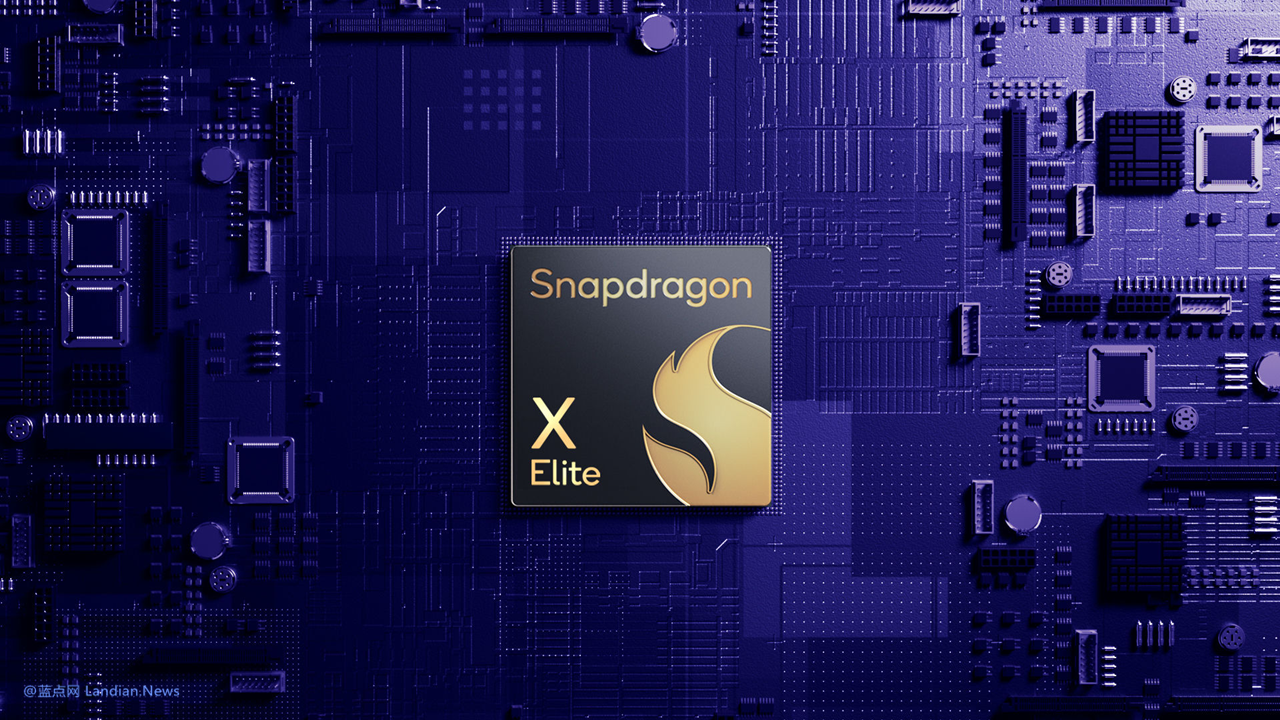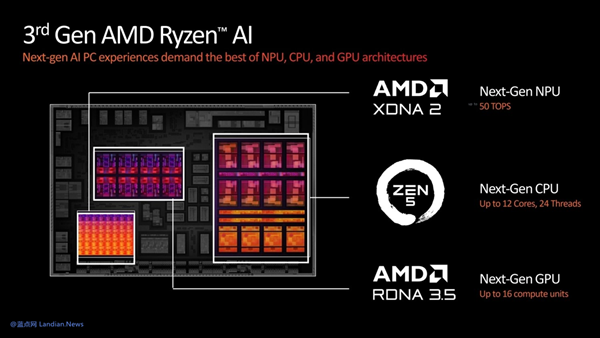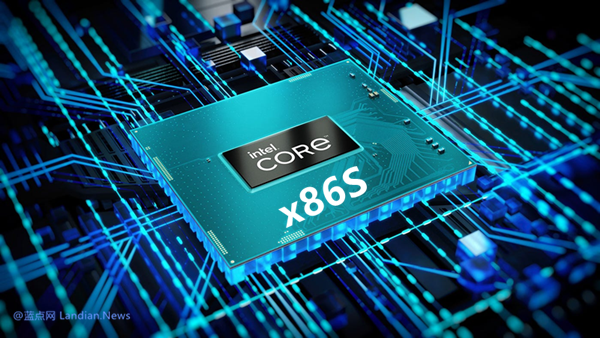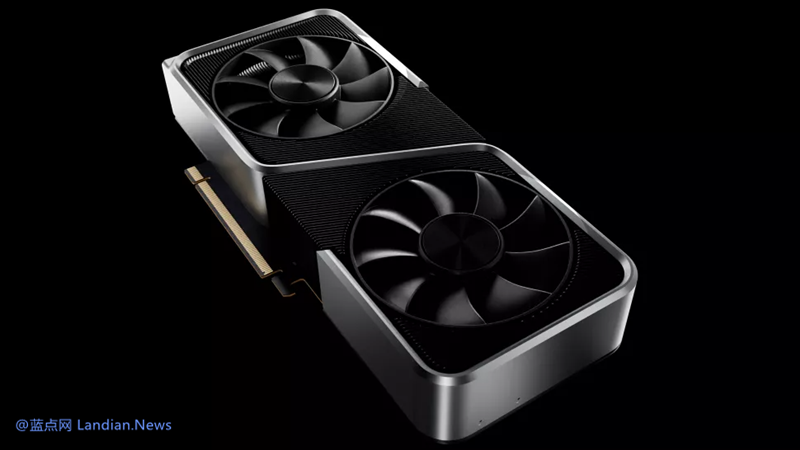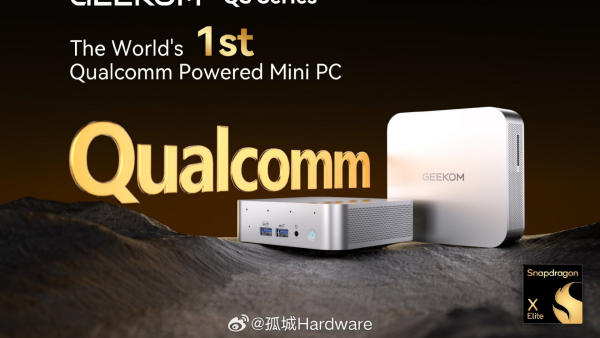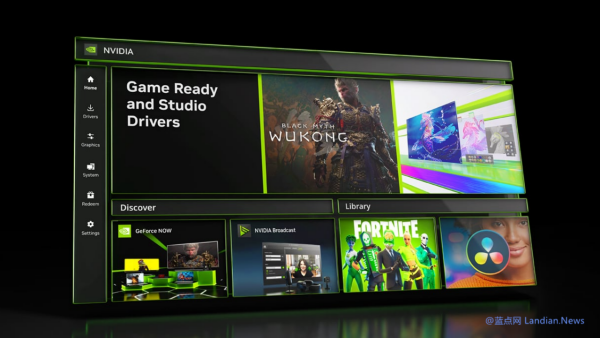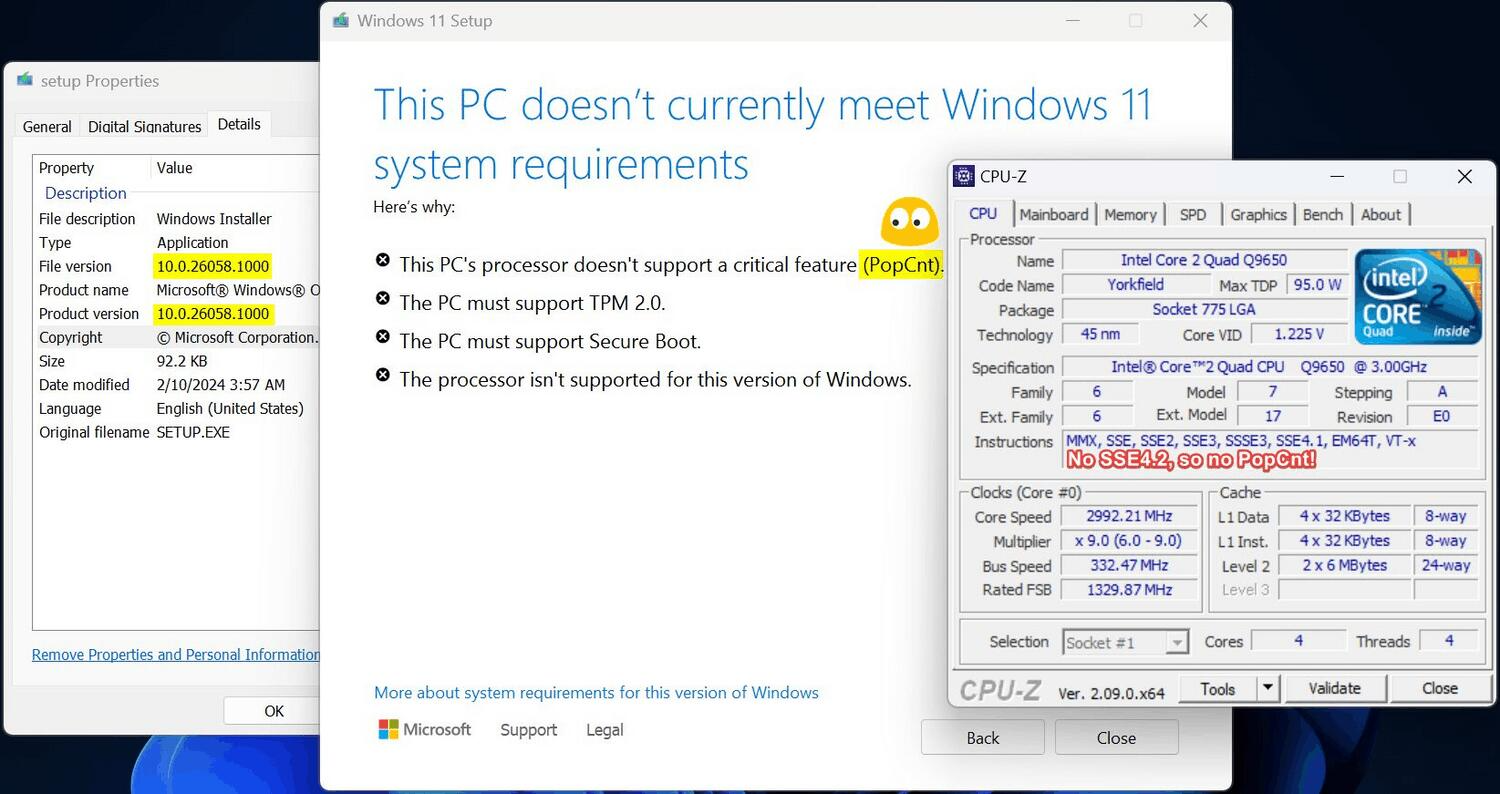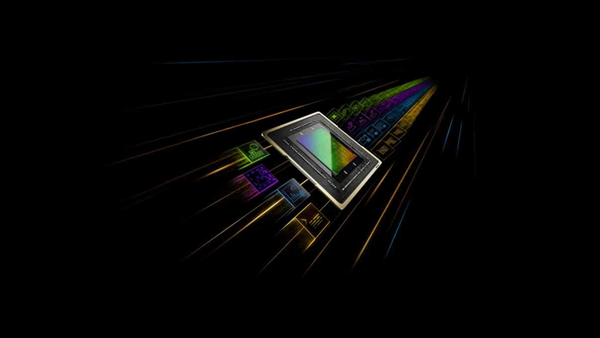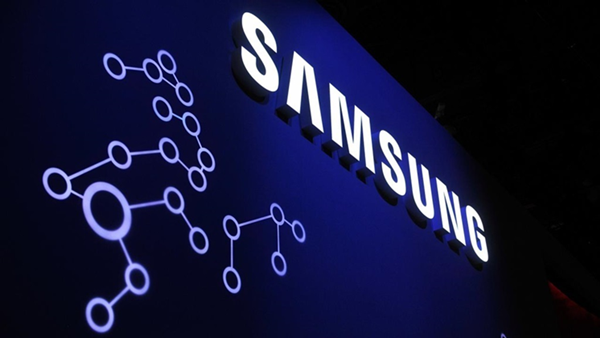NVIDIA Plans to Enter the PC Market, Challenging Intel and Qualcomm with New ARM Chips
Rumors of NVIDIA's intentions to launch processors that would compete with Intel and Qualcomm have been circulating for a while. Now, with Qualcomm and Arm embroiled in a licensing dispute and Qualcomm's exclusive license for Arm PCs nearing its expiration, both NVIDIA and MediaTek are poised to enter the PC market next year.
Currently, the PC market's ARM architecture processors are dominated by Qualcomm and Apple, with Apple's M series chips exclusively used in Mac devices. This leaves Qualcomm as the sole supplier in the Windows PC sector. However, Apple's successful transition from Intel processors to its own M series chips proves the viability of ARM architecture in the PC market, signaling an end to Qualcomm's monopoly and inviting competition from other companies.
The latest buzz suggests that NVIDIA's AI PCs, powered by its own ARM chips, are set to debut in the third quarter of 2025. NVIDIA is actively developing ARM-based chipset solutions for consumer PCs, marking its foray into the PC marketplace.
When asked about AI PCs in May 2024, Jensen Huang, NVIDIA's CEO, hinted that inquiries on the subject should be revisited in 2025, suggesting that new developments could be expected by then.
MediaTek is also gearing up, waiting for the moment Qualcomm's exclusive Arm PC license expires. Thus, the ARM PC market is likely to see participation from Qualcomm, NVIDIA, and MediaTek next year.
For NVIDIA, this venture is not entirely uncharted territory. The company has previously released ARM chips for data centers and even developed an ARM-based mobile processor for the Nintendo Switch. Given NVIDIA's substantial technological edge in graphics processing, the graphic performance of its AI PC chips is anticipated to be competitive. Ultimately, the real contest will be between NVIDIA and Qualcomm, but also against traditional x86 processor manufacturers like Intel and AMD, as these ARM chip makers vie for their share of the PC market.
